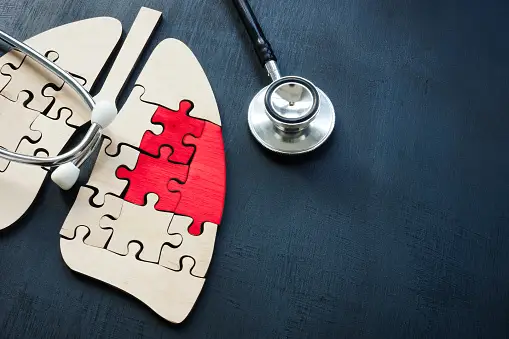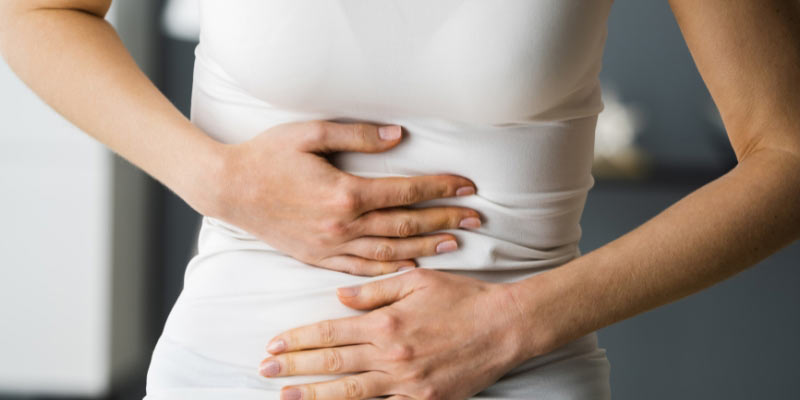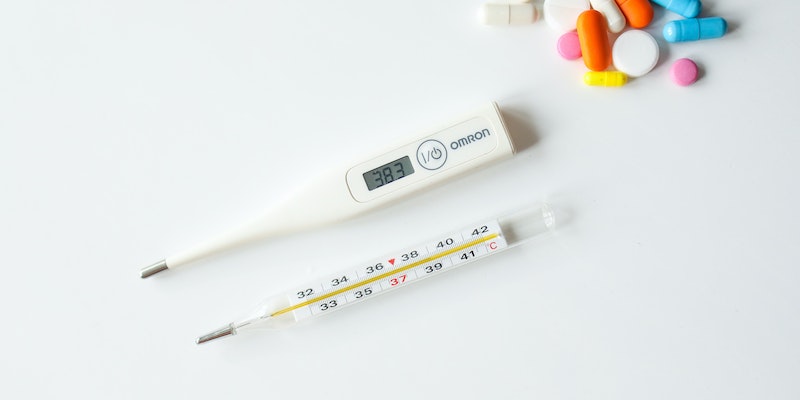
The leading cause of lung cancer is mutation. Mutation is the change in the codes of DNA. Once it is done, we cannot change it. What causes mutation? There can be so many reasons for that. But the significant ratio of causing lung cancer is a mutation, or it could be radiation, smoke, chemical, and infectious agents. Most often, excessive chemical use causes it. The cells lining the bronchi and lung components like the bronchioles and alveoli cause lung cancer.
Causes of Lung Cancer

Smoking
Lung cancer's leading risk factor is smoking. Every 7 out of 10 cases of lung cancer are due to smoking. Tobacco includes 60 dangerous chemicals that lead to lung cancer. Consuming 25 cigarettes daily increases your chance of lung cancer by 25%. Secondhand smoke causes lung cancer, too. Smoking is the highest risk factor for lung cancer, but tobacco is so dangerous that it leads to other types of cancer.
- Cigars and pipe tobacco
- Snuff (tobacco powder)
- chewing tobacco
Lung cancer may grow with cannabis use. Most cannabis smokers combine it with cigarettes. They smoke less tobacco than ordinary smokers but inhale more deeply and retain it in their lungs longer.
Symptoms of Lung Cancer in Nonsmokers
Smoking is the leading cause of lung cancer, but there are a few other things.
You are causing it besides smoking cigarettes, pipes, and tobacco. Lung cancer can be caused by secondhand smoke, radon, air pollution, a family lung cancer history, and asbestos.
How does lung cancer show up in people who have never smoked? The reason is secondhand or passive smoking. If you see symptoms lung cancer, you may see a doctor.
Radium 226 (Radon)
Radon is a naturally occurring radioactive gas produced when rocks and soil break down and release minute quantities of uranium. You might be exposed to this dangerous gas in several ways. Smokers who accidentally inhale Radon risk lung cancer.
Workplace Exposure and Pollution
Exposure to chemicals and other substances used in many jobs and businesses may increase your chance of cancer. Some of these drugs and materials are:
- Asbestos arsenic
- Beryllium and Cadmium
- Smoke from coal and coke
- Nickel silica
Secondhand Smoking
Suppose you are a regular inhaler of smoke from other’s cigarettes. The chance of being a lung cancer patient will increase if you are around smoking. A significant ratio of lung cancer is because of secondhand smoke.
Asbestos and Environmental Toxins
Lung cancer risk increases with long-term chemical exposure, especially asbestos. Inhaling asbestos fibers can cause asbestosis and lung cancer. The risk becomes exponentially higher if an individual exposed to these toxins also smokes. It's crucial to be aware of one's surroundings and occupational hazards. Working in industries where such exposures are common, should take protective measures and undergo regular health screenings.
Genetic Predisposition to Lung Cancer
Genetics can affect lung cancer risk. Most incidences of lung cancer are not directly inherited. However, a parent or sibling with the disease may indicate a higher genetic propensity. The risk of lung cancer may be higher than without a family history. Discuss with your doctor about more frequent tests or other preventative measures if your family has a significant history of lung cancer or other cancers.
Signs of Lung Cancer in Early Stages
Early-stage lung cancer is symptomless. The quiet enemy manifests in advanced settings. These may be early lung cancer signs:
- Even a little blood in the throat
- Shortness of breath
- Chest pain
- A persistent cough
- Hoarseness
- Weight loss without effort
- Bone discomfort
- Headache
When to See a Doctor?
Unfortunately, If you have seen any of the early signs of lung cancer in your daily life, like you are tired for no good reason, you have abnormal chest pain while coughing, you are coughing too much, and you have headaches very often while you are a smoker. These signs are alarming; you must see your physician quickly and get lung cancer screening tests because it is easier to gain control of it if you diagnose it earlier.
Complications
One of the most frequent cancers, lung cancer, can cause difficulties in the respiratory system and elsewhere. A more complete breakdown:
Shortness of breath
- As lung cancer advances, patients may experience shortness of breath. One explanation is tumor growth, which can block essential airways and reduce ventilation.
- Pleural effusion occurs when fluid collects around the lungs. The lungs cannot expand entirely during intake due to fluid buildup, making breathing difficult.
Bloody Cough
- The tumor might enter the bronchial tubes and induce hemoptysis due to bleeding. The patient may cough up blood-streaked sputum or large volumes of blood.
- Life-threatening bleeding requires quick medical attention. Various treatments can control such bleeding episodes.
Pain
- Lung cancer sufferers often complain of pain. Tumors that develop into the chest wall, ribs, or lung linings can cause severe pain.
- If the cancer spreads to the bones, it can cause unbearable bone pain. These individuals can live better with proper pain treatment, medicines, and other therapies.
Chest fluid
- Pleural effusion is fluid collection in the pleural area around the lungs. This can be caused by cancer or a tumor response.
- This fluid buildup can worsen dyspnea. Medical techniques like thoracentesis can remove fluid and improve discomfort. Recurrent fluid accumulation may require additional treatments.
Metastasis
- Its potential to spread is one of lung cancer's most concerning features. This is metastasis.
- Lung cancer can spread to the nervous system, liver, the bones, and the glands in the abdomen. This complicates treatment and can cause organ-specific symptoms.

Radiation Therapy
Radiation therapy is used to treat many cancers. Radiation treatment, especially for breast or lymphoma, may raise the risk of lung cancer later in life. It's essential to monitor and schedule regular check-ups if you've been exposed to therapeutic radiation, mainly if it was directed toward the chest region.
Preventions
There is no cure for lung cancer, but these steps help lower the risk.
- Don't smoke
- Eliminate passive smoking.
- Check your house for radon
- Avoid toxins at work and eat a diet rich in vegetables and fruits.
- Workout regularly.



